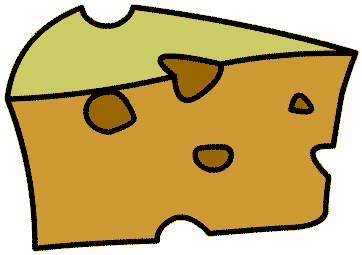
|

|
 |

|

|

|

|
 |

|

|
Introduction
How much protein is enough? Protein is a workhorse. Among other things, it aids in immune cell formation, boosts bone building, maintains body tissues (including muscle, hair, nails, and skin), helps keep blood sugar levels stable, helps keep us alert, and helps us feel full longer.
But do most of us get enough protein for optimal health? Maybe not. The government's RDA says that a 180-lb. adult should get at least 65 grams of protein daily. But other experts say that could be too low and that 90 to 100 grams may be better.
Outdated research: Researchers used to think that excess protein contributed to osteoporosis. On the contrary, they have since learned that you need protein to keep bones strong. Likewise, you also need protein to minimize muscle loss as you get older.
Do not go overboard: Extreme protein intake exceeding 15 grams a day, could cause problems for your liver and kidneys. And high-protein diets can be a problem for people with declining kidney function. People prone to kidney stones should also avoid excessive protein.
Balance: Scientists still do not know the precise amount of protein needed each day for optimal health. Striking the right balance between too much and not enough is key. To ensure that you are getting enough, eat two to three servings a day of low-fat dairy foods, soy food, nuts, or dried beans, plus a daily serving (3oz.) of fish, poultry, or lean meat.
How much protein for your weight: Experts estimate that an adult needs anywhere from 0.36 to 0.7 grams of protein per pound of body weight. For example: If you weigh 135 pounds, you would need from 49 to 95 grams of protein every day, depending on the expert you talk to. Body builders may need even more.
Food sources you will find protein:
|
|
|
|
|
|
|
|
|
|
|
|
|
|
|
|
|
|
|
|
|
|
|
|
|
|
|
|
|
|
|
|
|
|
|
|
|
|
|
|
|
|
|
|
|
|
|
|
|
|
|
|
|
|
|
|
|
|
|
|
|
|
|
|
|
|
|
|
Sources: Environmental Nutrition, Vol. 26, No. 10; The Vegetarian Resource Group; U.S. Department of Agriculture; NEA Hope Health letter.
Disclaimer: This information is not intended be a substitute for professional medical advice. It is provided for educational purposes only. You assume full responsibility for how you choose to use this information.